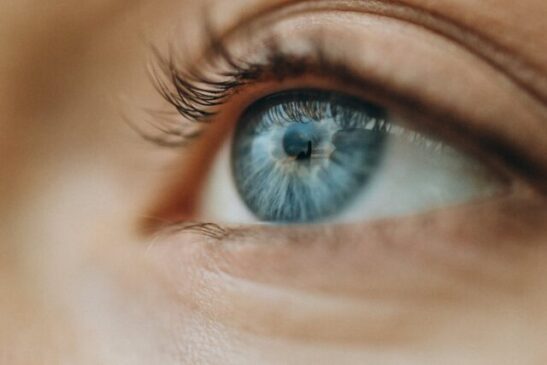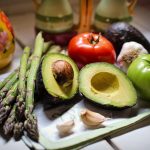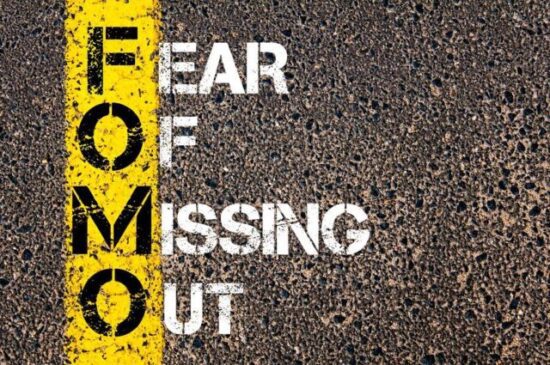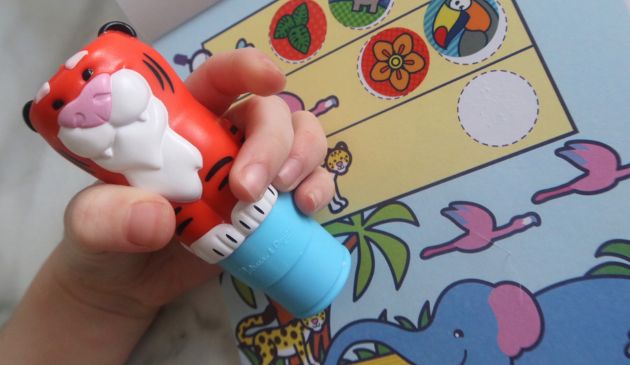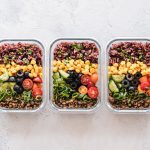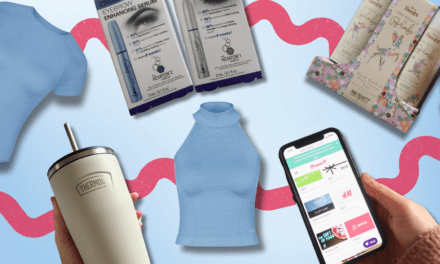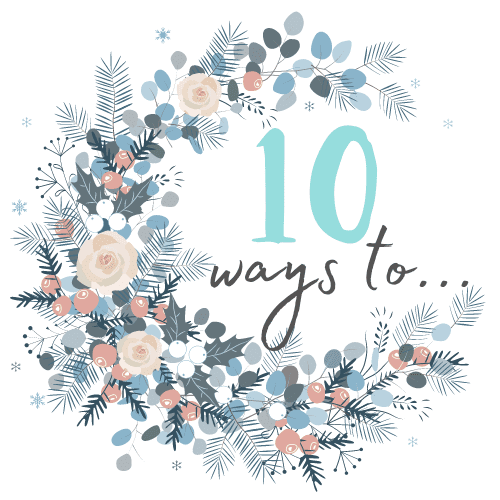
Pregnancy Multivitamins? Don’t Waste Your Money!!

I am currently 30 weeks pregnant with my second child, and therefore read with interest this morning various news articles stating that Pregnancy multivitamins are a waste of money. Manufacturers have responded saying that they believe the research conducted doesn’t take account of current UK diets, and that a claim that “most women don’t need them” is incorrect.
I will be the first to admit that my pregnancy diet has probably not been the healthiest. Whilst I would love to say I have been religiously eating my five a day, the reality is that in the first few months I didn’t want to each much at all, and from the 2nd trimester onwards, cake has been a pretty much staple part of my diet! (What can I say, I am weak). That said, I haven’t personally taken any additional multi-vitamins during my pregnancy.
The reason for this wasn’t financial, although the cost of some of these vitamins is significant, with some leading brands of pregnancy and “new mum” vitamins can costing between £15-20 a pack. The main reason I didn’t take any is that the tablets tend to be HUGE and I have real difficulty swallowing them (even at the age of 33!). What I have taken however is a folic acid and vitamin D supplement, but only in the first trimester of my pregnancy. These tend to be a lot smaller and relatively low in price. I bought a combined version which required one tablet a day.
Folic acid is recommended in early pregnancy to protect the baby against abnormalities called neural tube defects whilst the develop. Vitamin D is also recommended to help build healthy bones – again fairly crucial for a developing baby.
Whilst both of these elements can be gathered from diet they are not the kind of foods I personally eat on a regular basis and therefore the supplement felt like a wise idea. Folic acid for example can be found in lentils, nuts, citrus fruits, avocado and dark green vegetables such as broccoli or spinach. Foods rich in vitamin D include fatty fish like salmon, cheese, and more recently fortified cereals and dairy products.
With all the added cost of raising a baby, many mums to be will now be questioning whether the additional cost of vitamins is really required. We obviously want the best for our babies, and some will consider it money well spent. I for one will be ensuring that my diet (even with the cake!) remains as balanced as possible.
Did you take pregnancy multivitamins?
x
















